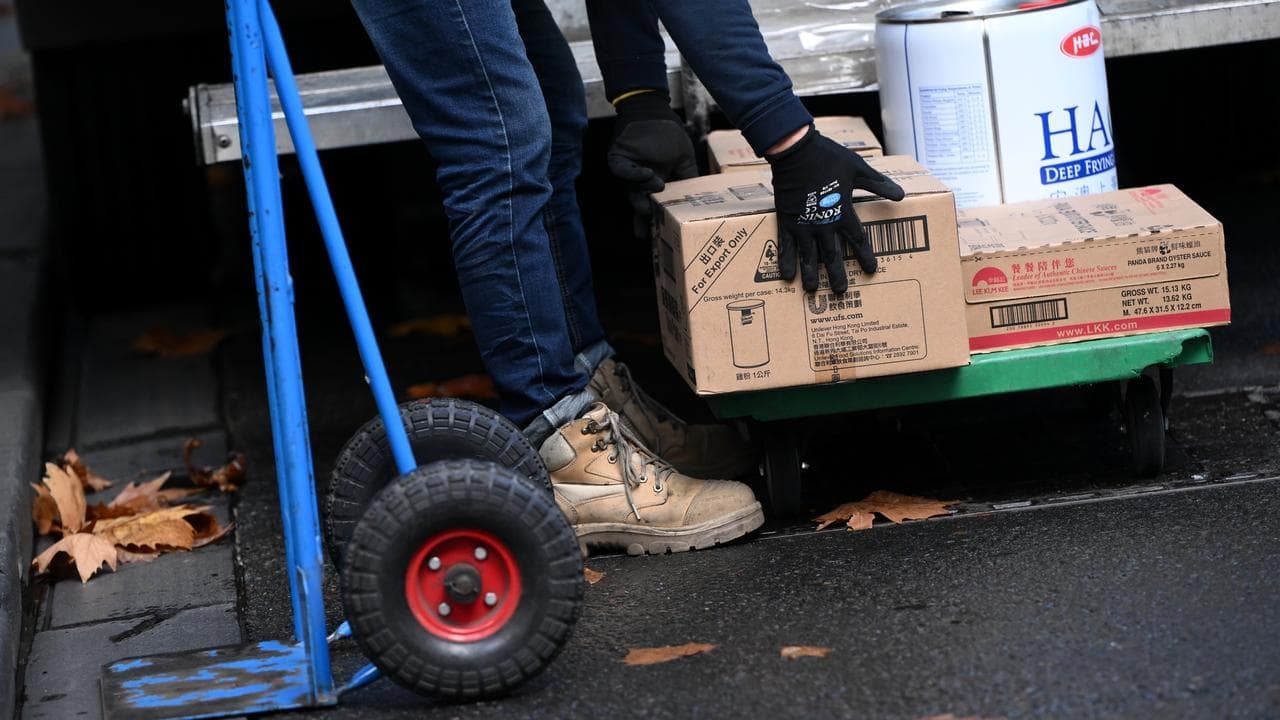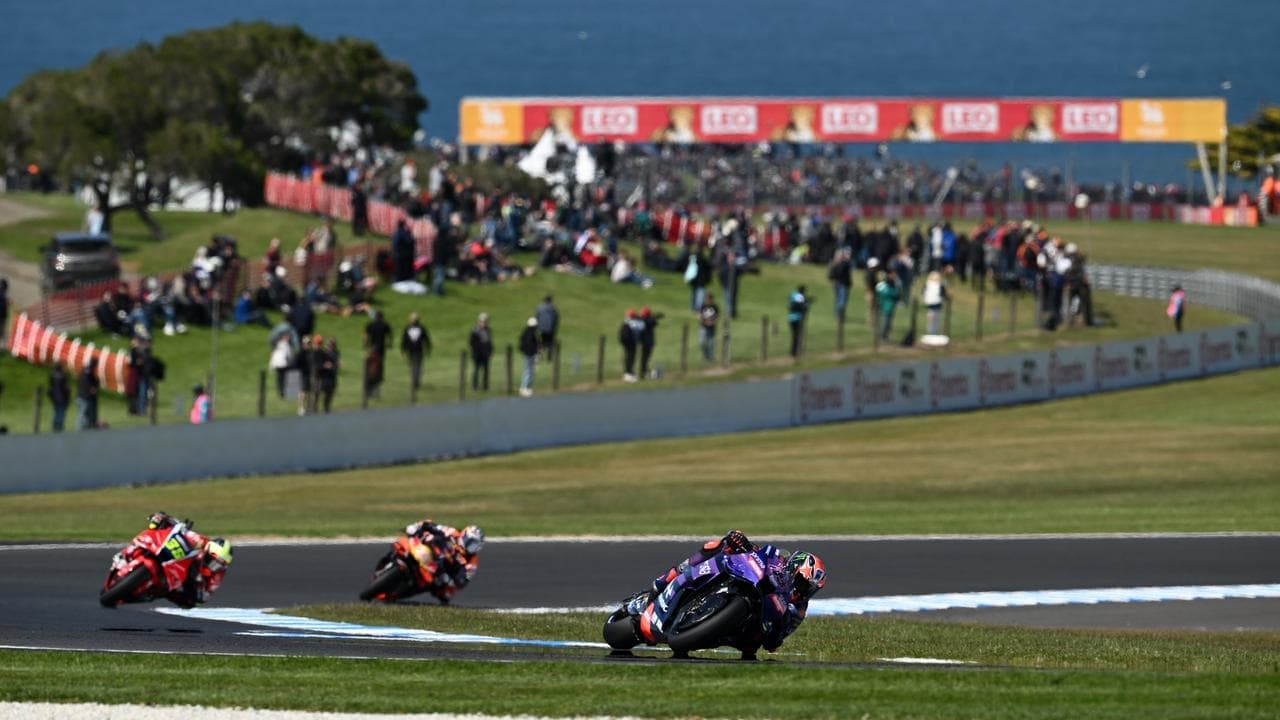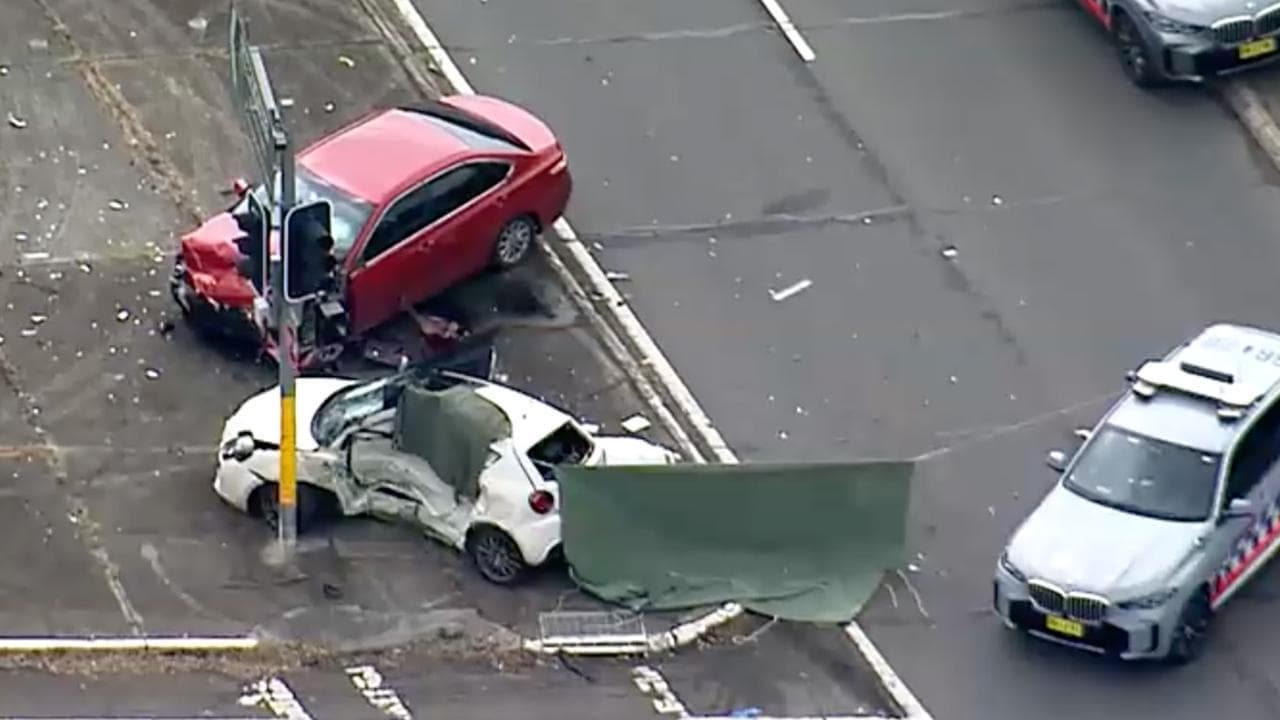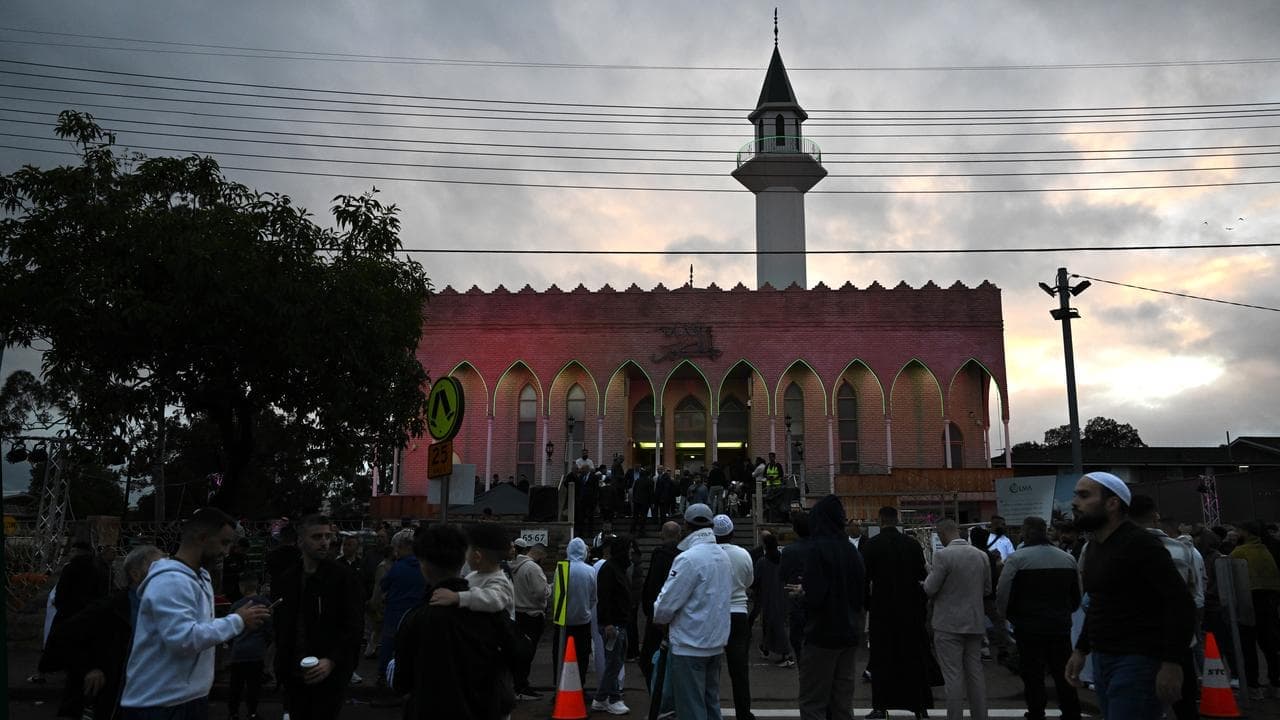WHAT WAS CLAIMED
Australia is the only G20 nation that doesn’t use nuclear power.
OUR VERDICT
Misleading. Five other G20 nations don’t generate nuclear power, and two of those don't use it.
AAP FACTCHECK - Federal Opposition Leader Peter Dutton claims Australia is the only country not to use nuclear energy out of the world's 20 largest economies.
This is misleading. Five other nations in the top 20 - Germany, Italy, Turkiye, Saudi Arabia and Indonesia - do not generate nuclear energy.
Germany, Italy and Turkiye import very small amounts of electricity generated from nuclear sources, but Indonesia and Saudi Arabia don't consume any nuclear power.
Australia is the only top 20 economy that doesn't generate, import or have a plan to do so.
Mr Dutton has made the claim at least four times in interviews about the coalition's plan to build seven nuclear power stations in Australia without clarifying that he's counting countries planning to use nuclear power among those that are actually using it.

Mr Dutton said nuclear power was "used by 19 of the 20 biggest economies in the world" at a June 18 press conference in NSW.
He again claimed that of the top 20 economies in the world, "Australia is the only one that doesn't have nuclear" in a June 20 interview on Sky News.
That same day, the opposition leader spoke out about how Australia could benefit from nuclear power "as 19 of the world's top 20 economies have done" in an ABC News Breakfast interview.
Mr Dutton again said Australia was the only one of the 20 biggest economies that "doesn't operate" nuclear at a press conference on July 5.
When asked to clarify his claims, the opposition leader's spokeswoman told AAP FactCheck that he's counting countries that have nuclear power and those "taking steps towards embracing nuclear".
Mr Dutton accurately stated 19 of the world's 20 biggest economies used nuclear power or "have signed up to it" in another press conference on June 19, and a Today Show interview on June 21.

He also said Australia was the only G20 member that didn't use or plan to use nuclear power in an ABC TV interview on April 21.
The G20 is a global forum for countries with large economies. Despite its name, the G20 includes only 19 nations, plus the African Union and the European Union. Spain is invited to the G20 as a permanent guest.
It's unclear if Mr Dutton is referring to the G20 countries plus Spain, or the 20 largest nations by gross domestic product, as he's used both interchangeably.
However, AAP FactCheck has analysed the former because the nations that don't generate nuclear power and the nations that only import small amounts of it are exactly the same for both groupings, as per World Bank 2023 GDP data.
Fourteen G20 countries operate nuclear power plants: Argentina, Brazil, Canada, China, France, India, Japan, Mexico, Russia, South Africa, South Korea, Spain, the UK and the US.
Three G20 nations that don't generate nuclear power but import small amounts are Germany, Italy and Turkiye.
Germany shut down its final three reactors in April 2023. That year, about 0.5 per cent of the electricity consumed there was imported from France, which generates about two-thirds of its electricity from nuclear sources.
Italy closed its last reactors in 1990. About six per cent of its electricity consumption is imported nuclear power.
The country effectively banned nuclear power in 2011, but the current government wants to restart it.
Turkiye is building a plant that could start generating electricity from 2025. The country is also planning to build two other nuclear plants.
In 2022, the country imported a tiny amount of the electricity it consumed, including 0.8 per cent from Bulgaria, which generates about 35 per cent of its electricity from nuclear sources.
Therefore, a fraction of Turkiye's electricity consumption could be produced from nuclear - likely less than half a per cent.

Saudi Arabia doesn't use any nuclear energy either but it's taking steps towards doing so in future.
Indonesia doesn't have any nuclear reactors but has tentative plans to build some in the coming decades.
Dr Yogi Sugiawan, a policy analyst at the Indonesian government agency responsible for developing nuclear energy policies and plans, told AAP FactCheck that his country doesn't generate or import nuclear energy.
However, Dr Sugiawan says Indonesia's government is considering nuclear power, with an initial plant "expected to be commissioned before 2040".
The Verdict
The claim that Australia is the only G20 nation that doesn't use nuclear power is misleading.
Evidence and experts say six G20 countries do not generate any nuclear energy, and three of those don't consume it either.
Misleading – The claim is accurate in parts but information has also been presented incorrectly, out of context or omitted.
AAP FactCheck is an accredited member of the International Fact-Checking Network. To keep up with our latest fact checks, follow us on Facebook, Twitter and Instagram.












